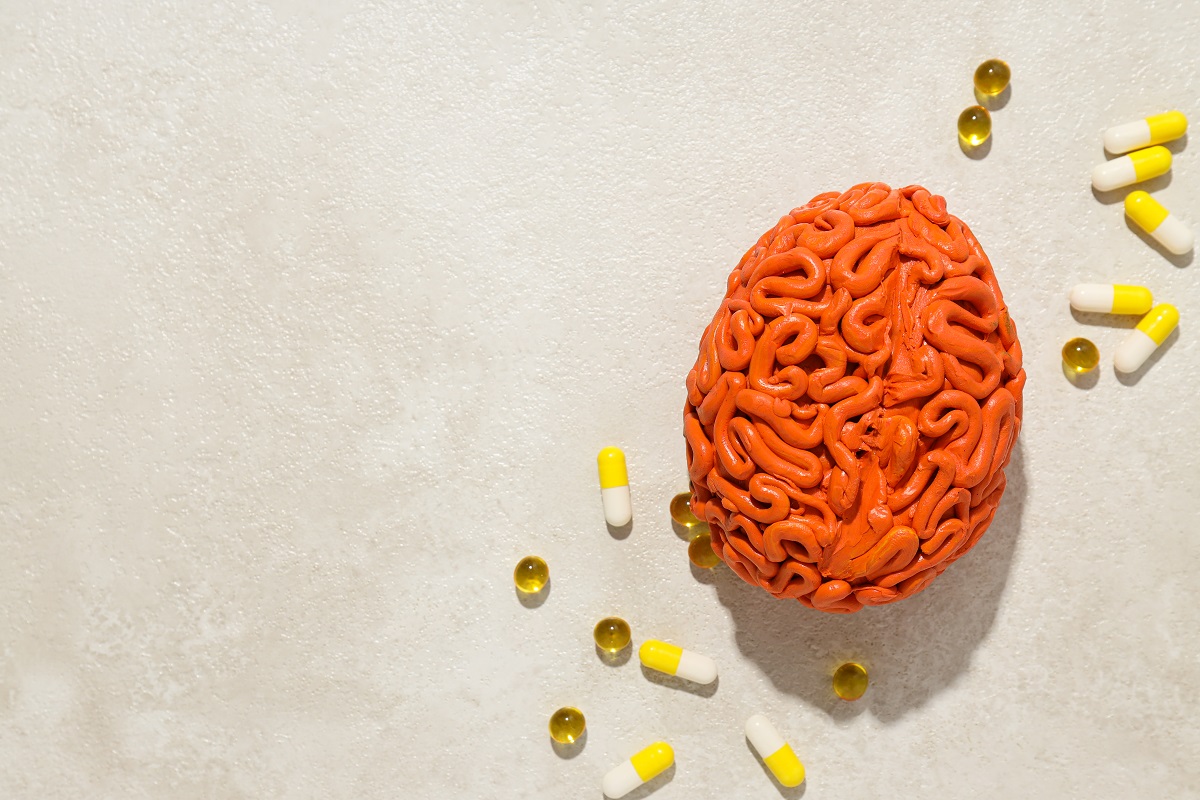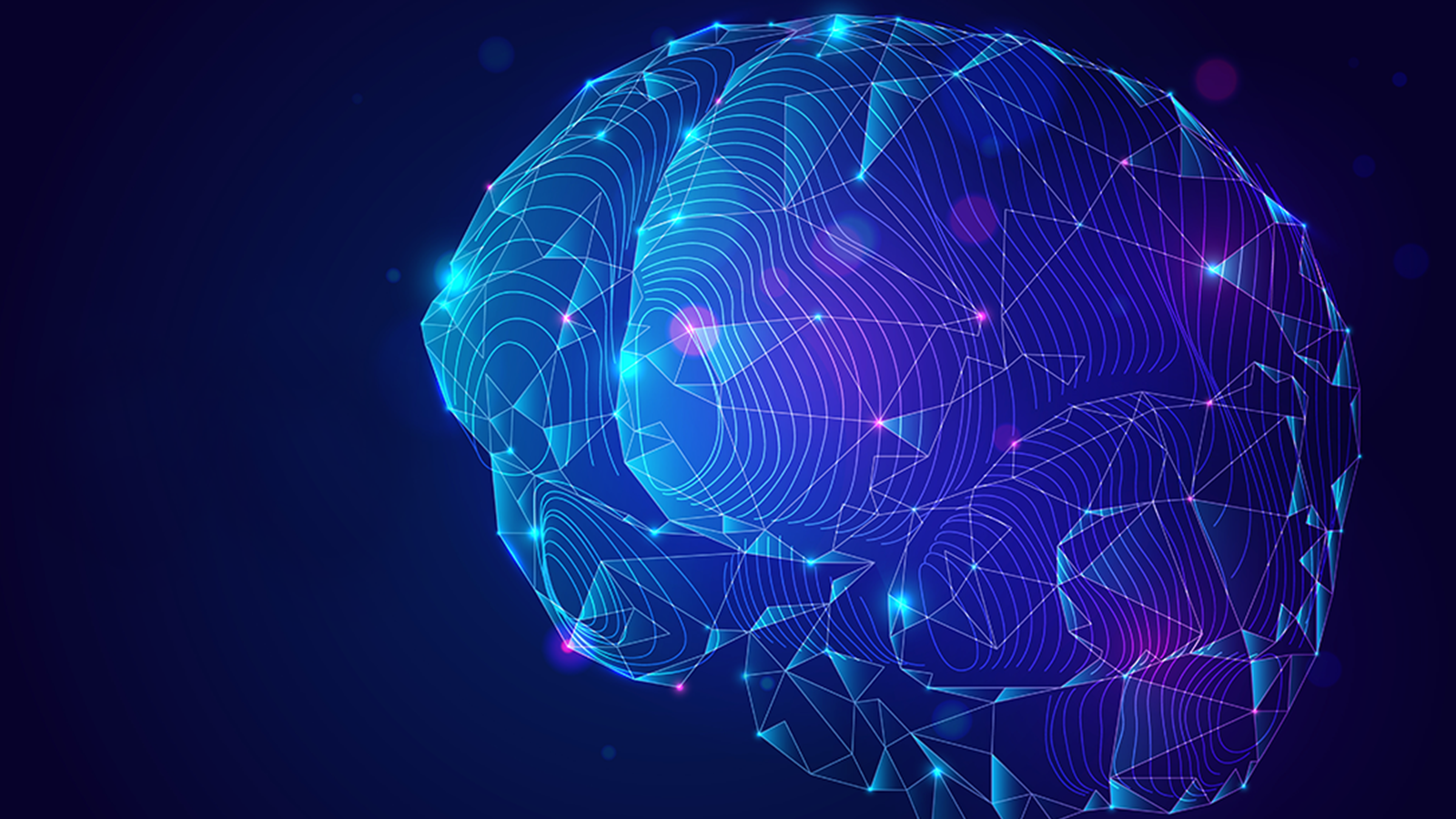
The Role of Sleep in Brain Health
Sleep is often overlooked, but it plays a critical role in maintaining optimal brain health. During sleep, the brain undergoes essential processes like memory consolidation, toxin removal, and emotional regulation. Poor sleep patterns can impair cognitive function, lead to memory issues, and increase the risk of neurodegenerative diseases like Alzheimer’s.
Memory Consolidation
When you sleep, the brain organizes and stores information gathered during the day. This process, known as memory consolidation, ensures that important memories are retained while unnecessary details are discarded. Research has shown that individuals who get enough restorative sleep have better recall and problem-solving abilities than those who are sleep-deprived. Without proper rest, short-term memory suffers, and the ability to learn new skills diminishes.
Emotional Regulation and Mental Clarity
Chronic sleep deprivation has been linked to mood disorders like depression and anxiety.
Sleep is crucial for managing emotions and maintaining mental clarity. Lack of sleep increases irritability, anxiety, and stress levels, while also impairing decision-making abilities. Chronic sleep deprivation has been linked to mood disorders like depression and anxiety. By getting adequate sleep, you’re giving your brain the chance to regulate emotions, improve focus, and process experiences more effectively.
Detoxification: The Brain’s Nightly Cleanup
The glymphatic system, which is active during sleep, clears out waste products and toxins from the brain, including proteins like beta-amyloid that are linked to Alzheimer’s disease. This detox process is vital for long-term brain health. Without sufficient sleep, these toxins accumulate, potentially contributing to neurodegenerative diseases over time.
Sleep Stages and Brain Health
Deep sleep (slow-wave sleep) is particularly important for brain repair and growth. It’s during this stage that the brain consolidates information, detoxifies, and restores energy levels. REM sleep, on the other hand, is associated with processing emotions and experiences, playing a significant role in emotional health.

Even something as simple as switching up daily routines can have a positive effect. Learning new hobbies, trying out different routes when driving, or engaging in creative activities can activate different areas of the brain, keeping it nimble and responsive.
Nootropics: Unlocking Cognitive Potential
Nootropics, sometimes called “smart drugs” or cognitive enhancers, have gained attention for their potential to boost brain function. These supplements can improve various aspects of cognitive performance, including memory, focus, and mental clarity. Natural nootropics like ginkgo biloba, lion’s mane mushroom, and bacopa monnieri are widely studied for their neuroprotective properties.
Ginkgo biloba, for example, is thought to improve blood circulation in the brain, while lion’s mane mushroom has been shown to stimulate the growth of nerve cells. Bacopa monnieri, traditionally used in Ayurvedic medicine, is known for its potential to enhance memory and reduce anxiety. While research on nootropics is still evolving, many users report significant improvements in mental agility and cognitive performance.
The Power of Sleep and Stress Management
Adequate sleep and stress management are crucial components of cognitive resilience. During sleep, the brain consolidates memories and flushes out toxins that accumulate during waking hours. Sleep deprivation not only affects memory and cognitive function but also accelerates brain aging. Aim for 7-9 hours of quality sleep per night, and practice good sleep hygiene by avoiding screens before bedtime and creating a calming bedtime routine.

Stress, on the other hand, releases cortisol—a hormone that can damage brain cells, particularly in areas related to memory and learning. Mindfulness practices such as meditation, deep breathing exercises, and yoga have been shown to reduce cortisol levels and improve cognitive function. Prioritizing relaxation techniques can help protect your brain from the long-term effects of stress.
Social Connection: Strengthening Cognitive Resilience
Lastly, social engagement is key to maintaining brain health. Interacting with friends, family, and community members can stimulate mental faculties, promote emotional well-being, and reduce the risk of cognitive decline. Studies have shown that social isolation increases the risk of dementia, while meaningful social connections improve mental health and longevity.
Whether it’s participating in group activities, volunteering, or simply catching up with friends, staying socially connected can significantly improve your cognitive resilience as you age.
Conclusion: Building a Brain-Healthy Lifestyle
Cognitive resilience is within reach for anyone willing to invest in brain health. Through a combination of proper nutrition, regular exercise, mental stimulation, and effective stress management, you can maintain and even enhance cognitive function as you age. Nootropics and other supplements can provide additional support, but the foundation lies in daily habits that nourish both the body and the mind.
By incorporating these strategies into your life, you’re not only protecting your brain but also setting the stage for a more vibrant and mentally sharp future.



